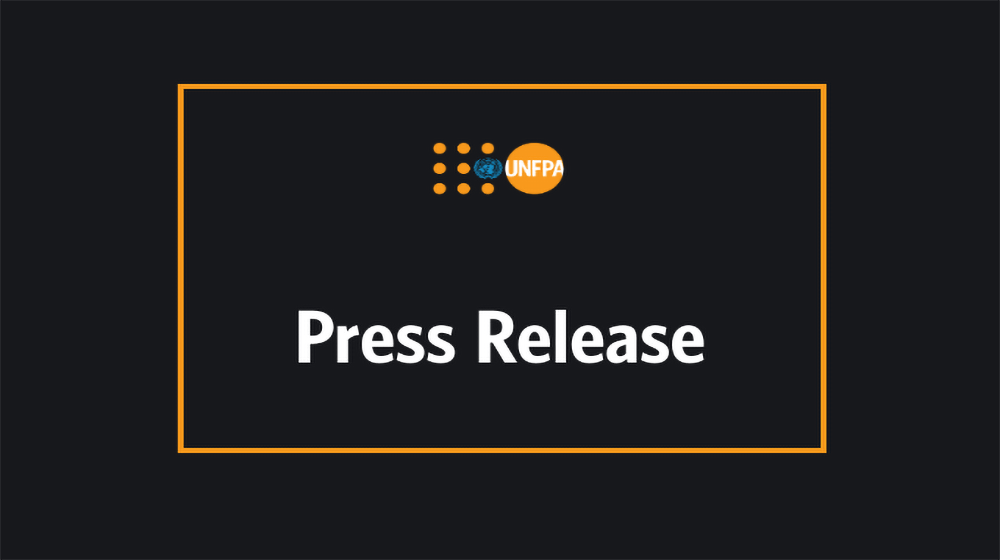After years of instability and with an economy on the verge of collapse, funding shortfalls, and the COVID-19 pandemic, the humanitarian situation for women and girls in Syria is worse than ever. With the support of the European Union (EU), the United Nations Population Fund (UNFPA) continues to deliver much-needed assistance in Syria, with a focus on safeguarding the lives and dignity of women and girls.
EU humanitarian funds totaling EUR 3 million will allow UNFPA to reach more than 190,000 people in 13 governorates across Syria with lifesaving assistance, via Damascus and cross-border via Turkey.
"The EU is committed to helping vulnerable women and girls in Syria since the humanitarian situation has only worsened following the coronavirus pandemic and a decade of conflict,” says EU Commissioner for Crisis Management Janez Lenarčič. “We are renewing our support to UNFPA to make sure women and girls can access quality health services and have somewhere to turn in their hour or need.”
Women and girls in Syria continue to face enormous difficulties to access essential services such as basic sexual and reproductive health, in addition to facing the mounting threat of gender-based violence due to the country’s economic crisis. Since the onset of COVID-19, these challenges have only worsened, requiring strategic and far-reaching responses by the international community to ensure that no one is left behind.
“UNFPA is grateful to the European Union for its continued support of our vital programmes throughout Syria, which continue to save lives and offer much-needed lifelines for communities and individuals impacted by this protracted crisis,” commented Dr. Iyad Nasr, UNFPA Syria Representative. “The EU’s generous support will enable UNFPA to continue providing Syria’s women and girls with essential sexual and reproductive health services and gender-based violence programming that promote healing, agency, and self-development.”
In north-western governorates of Syria, the situation continues to be severe, with ongoing hostilities causing mass displacements and disruptions in community networks and services. Access to protection services remains extremely limited, particularly as more people take refuge in informal settlements. Women and girls are among the most vulnerable. United Nations Security Council Resolution 2165 authorizes cross-border delivery of essential aid through Bab Al Hawa for an additional 12 months, subject to a report of the Secretary-General in January 2022. UN-led humanitarian operations implemented cross-border via Turkey remain critical to delivering lifesaving and life-sustaining aid to those in most need.
UNFPA will continue to build on its achievements and lessons learned from previous EU-funded interventions in Syria. Given the continuing aftermath of COVID-19, UNFPA also aims to enhance its pandemic response by adapting programmes to ensure continuity of services, including telemedicine, remote counselling, and scaling up online platforms to provide gender-based violence prevention and response services.
END
For more information:
Jafar Irshaidat
Communications Specialist, UNFPA Regional Syria Response Hub
Kind Katranji
Communications Officer, UNFPA Syria Country Office


